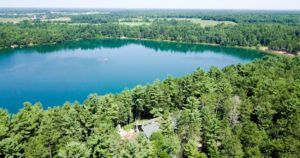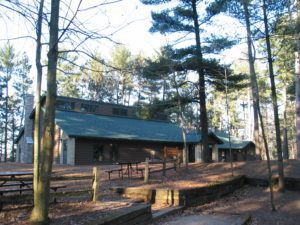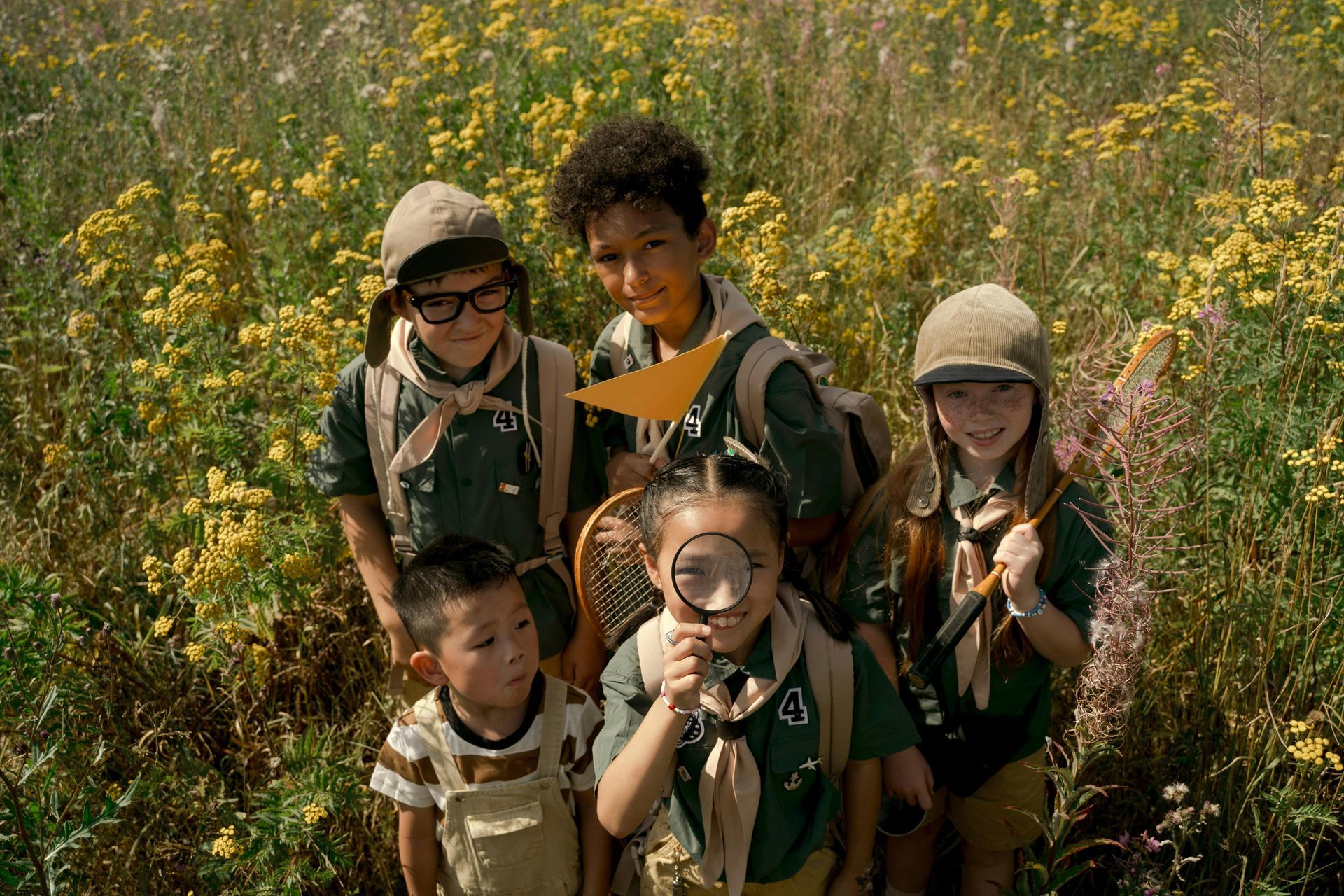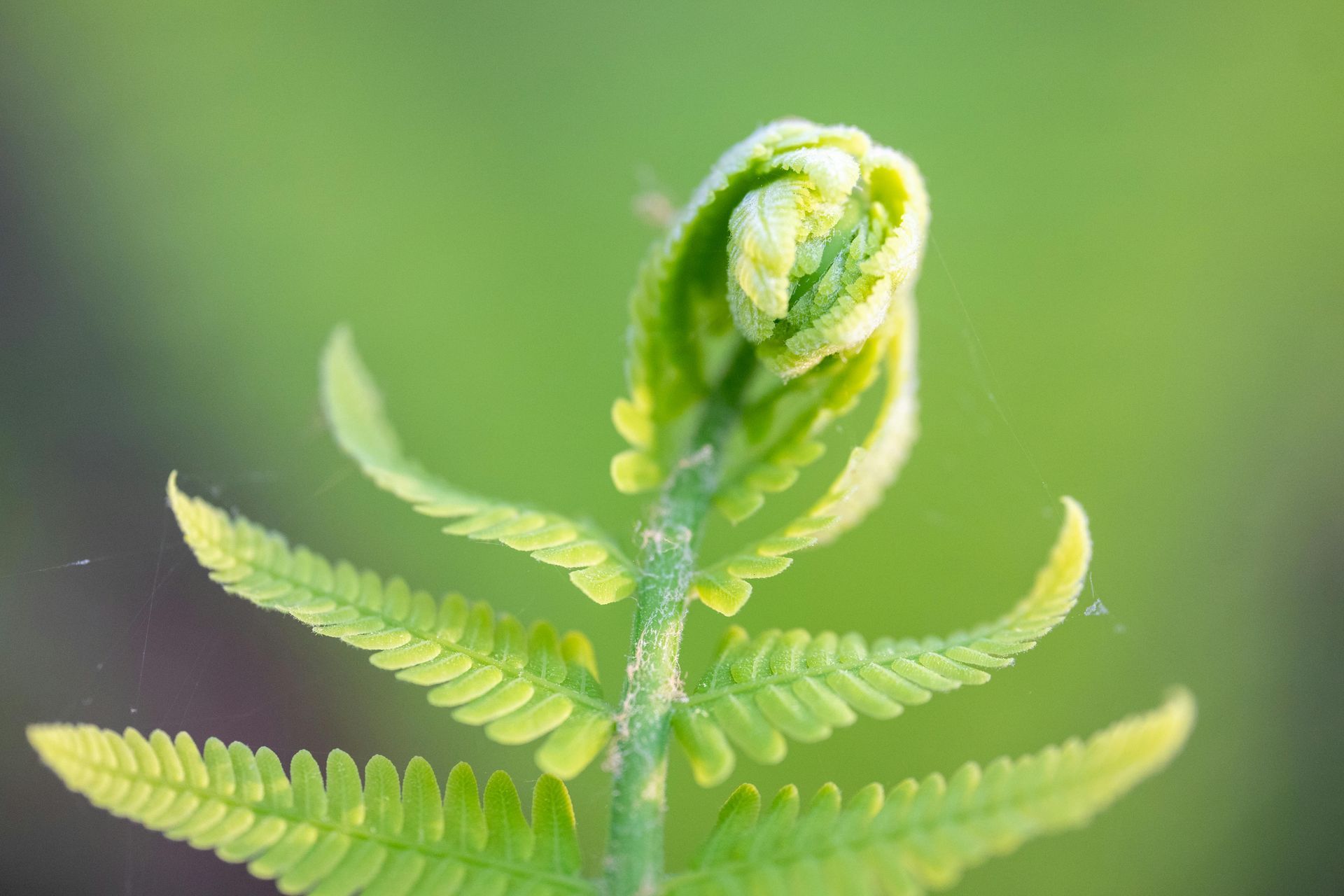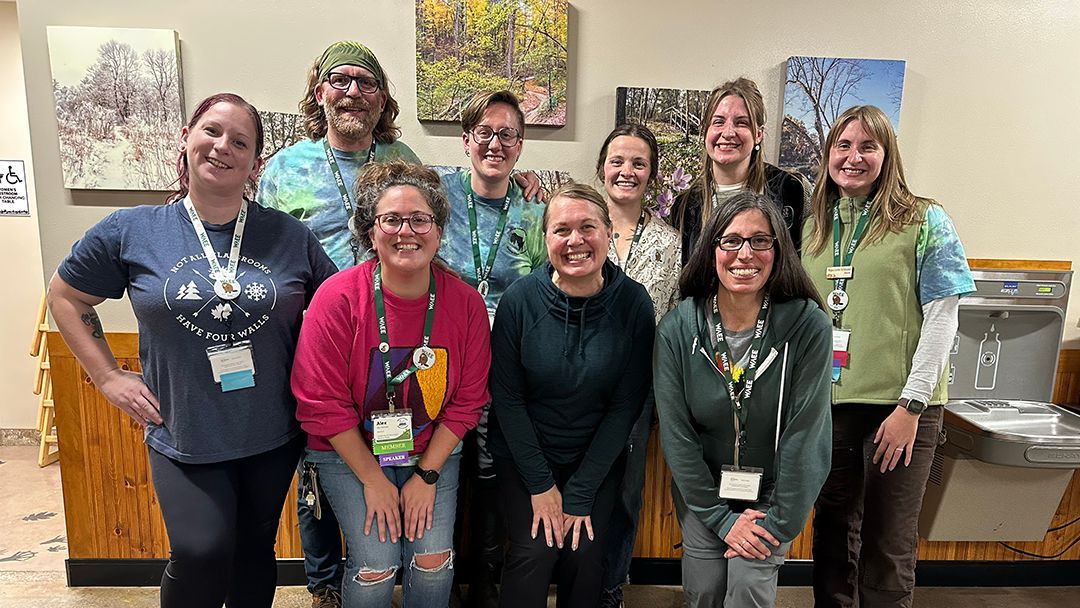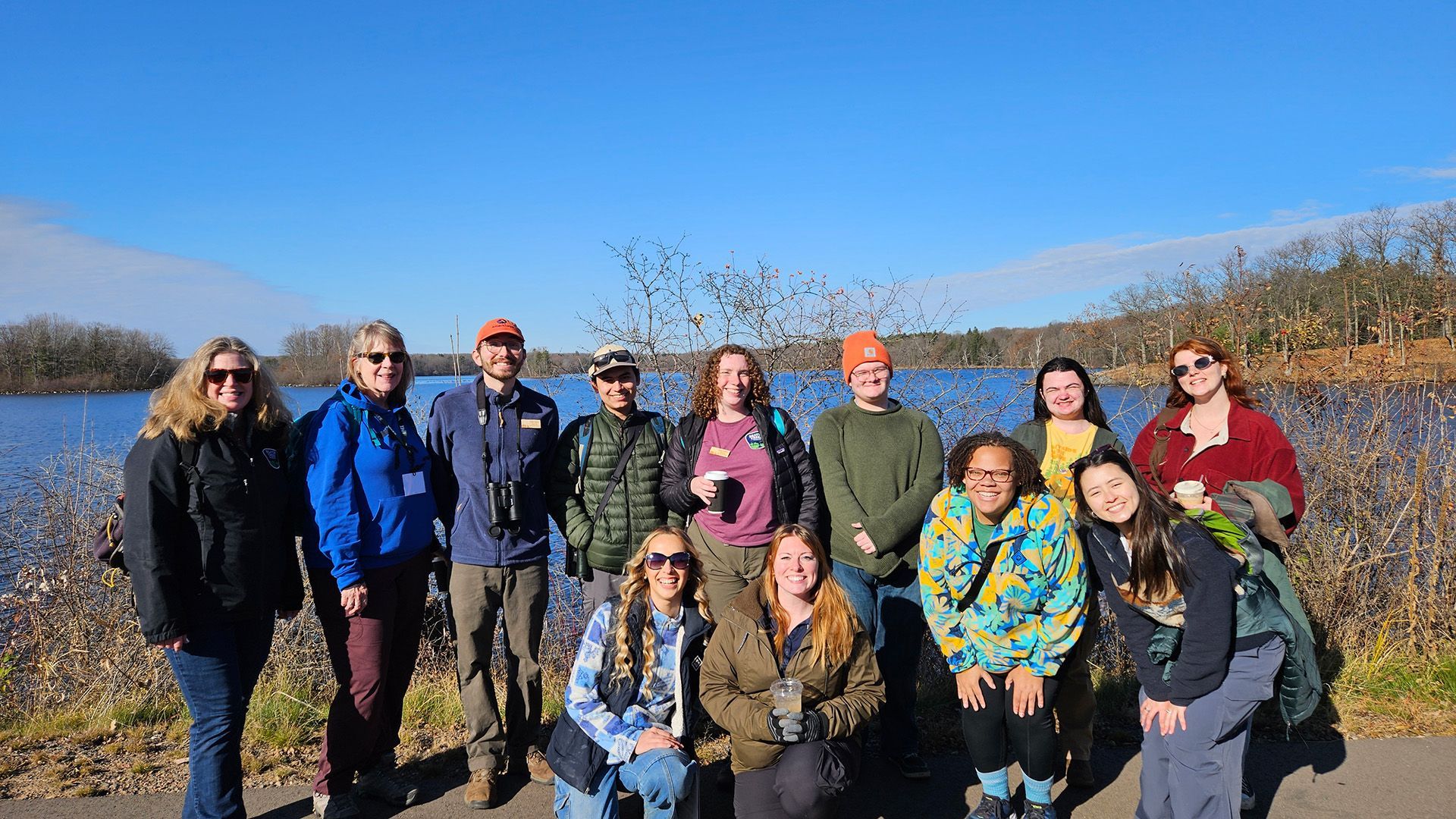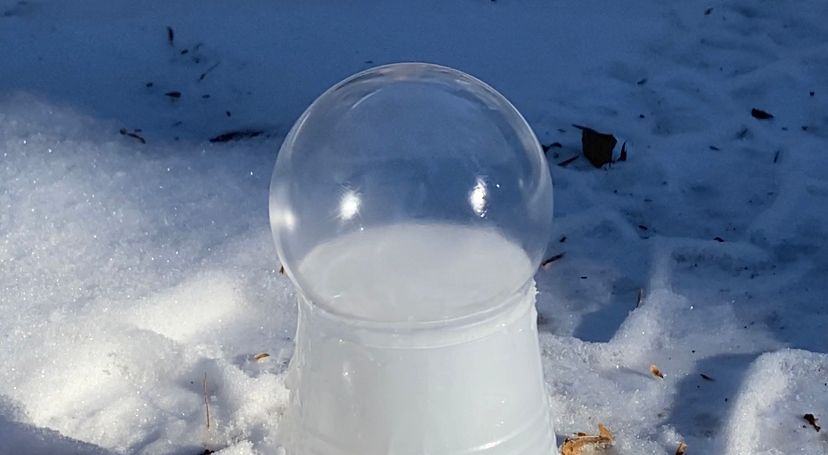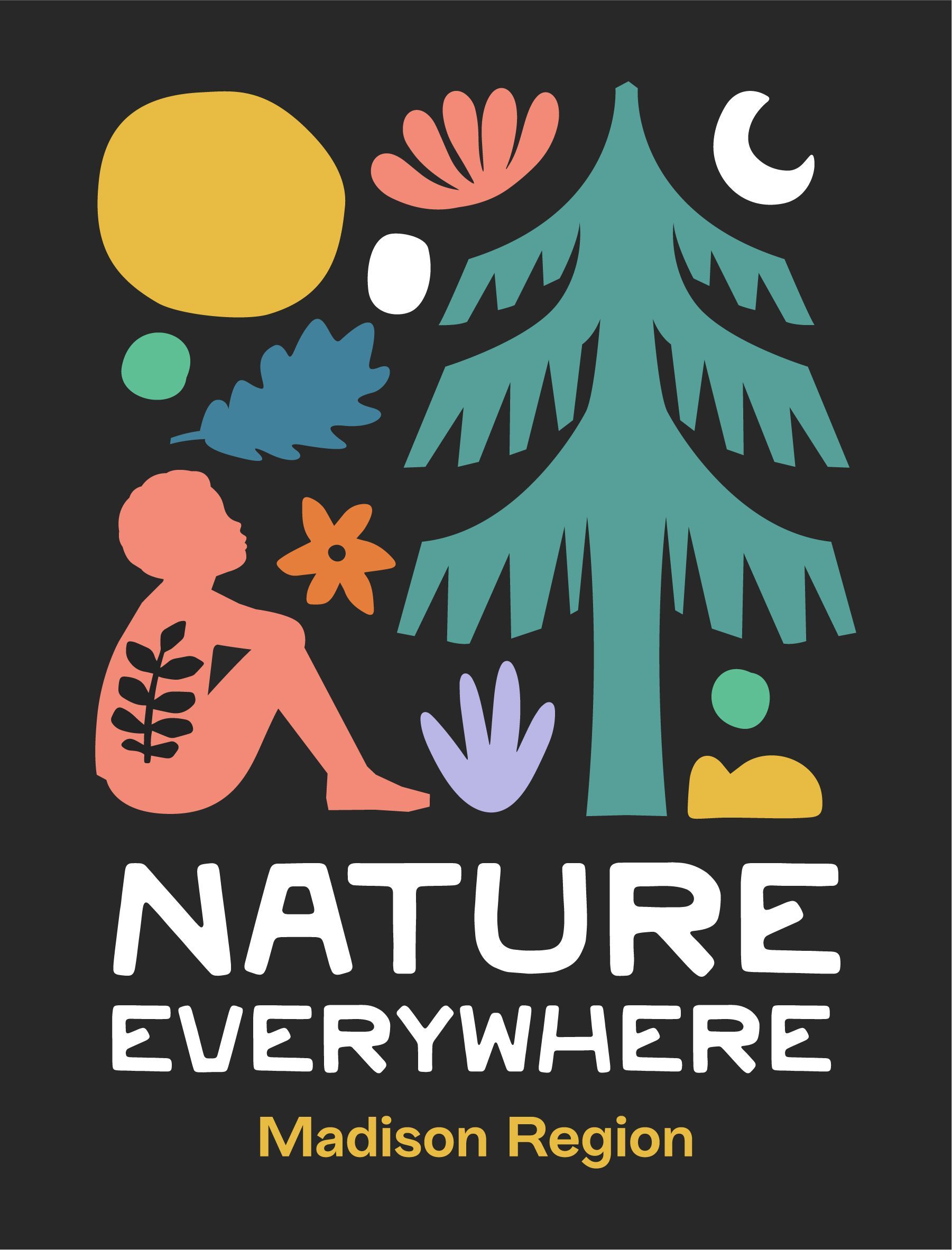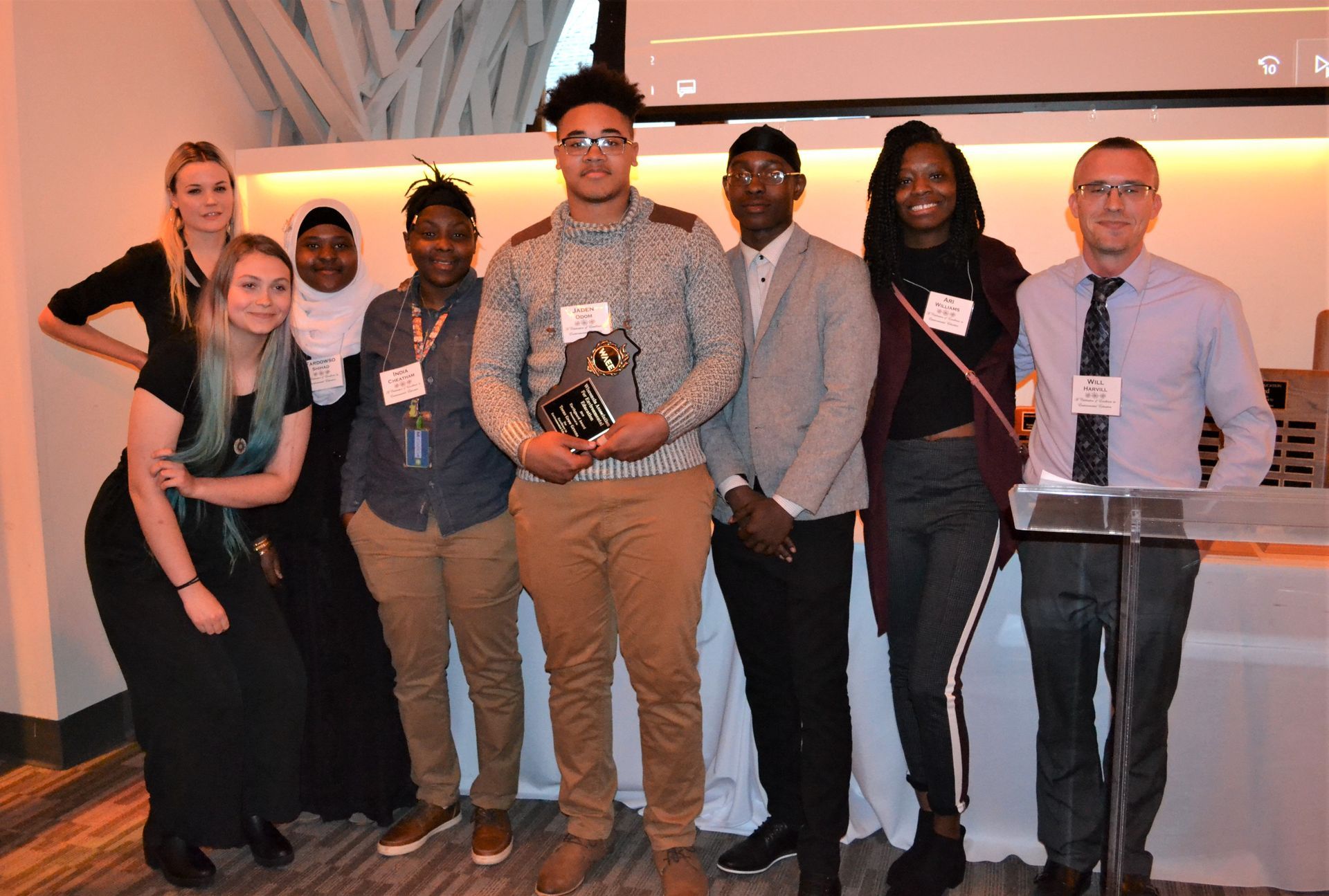CWES Expands reach
Improving Equity and Inclusivity to Reach Wider Audiences
Since 1975, the Central Wisconsin Environmental Station, CWES, has served as an important teaching and learning center for people of all ages interested in the environment. The 240-acre property, which overlooks Sunset Lake in Central Wisconsin, is a field station of the University of Wisconsin-Stevens Point. Throughout the school year, UWSP environmental education/interpretation students teach environmental education to visiting school groups, as part of practicum in their final semester. During the summer, CWES offers summer camp for youth and is also a host site for conferences, workshops, and trainings throughout the year. In the past several years, CWES has been proactive in improving its equity and inclusivity to wider, more diverse audiences.
Tom Quinn, Director of CWES, says staff are the driving force of the organization’s efforts towards becoming more inclusive. The organization is working harder to hire individuals from diverse backgrounds. For example, CWES has begun posting job listings in locations that will reach a diverse audience. In the past, CWES has hired candidates with autism or who identify with a different gender than assigned; the organization aspires to continue diversifying its staff. This past summer, CWES hired a garden intern with a visual impairment who taught garden education to campers. “We want to have more staff that demonstrate to youth that if you have an impairment or come from a diverse background it doesn’t have to impede on what you do,” said Quinn.
CWES also hosts a variety of events that reach a wider audience. For the past three summers, CWES has partnered with the Milwaukee-based organization,Diverse and Resilient to offer a three-day camp for LGBTQ+ youth, ages 14 to 20 from around the state. The camp, called The Wisconsin Youth Great O.U.T.doors Institute, Central Wisconsin Environmental Station focuses on leadership development and education about health messages that participants can bring back to their communities. In preparation for the camp, CWES changes all bathroom signs to be gender-neutral, and staff is trained on LGBTQ+ topics. In the past, CWES also hosted the Multicultural Leadership Conference, which invited high-school students to learn about diversity and inclusion efforts at UW-Stevens Point and to gain positive outdoor experience.
The environmental center does have a fair share of challenges and barriers that have proven antagonist towards their ability to keep up with demand for change. Out of all the potential barriers, “financials [are] the biggest constraint,” said Quinn. This constraint primarily affects establishing permanent gender-neutral bathrooms and improving accessibility. A woodchipper, recently purchased by the on-site charter school, will aid in defining trails that wind through the 240 acres of uneven, often steep, wooded terrain.
Increased support financially and from valued partners will allow CWES to continue improving their outreach for position openings, programs, and infrastructure redevelopment. Additional support from the university would speed up projects like creating permanent gender-neutral bathrooms. According to Quinn, the organization runs primarily on program revenue and does not rely on UW-Stevens Point for infrastructural improvements. CWES would also benefit from increased assistance from Human Resources at the university to help with broader audience promotion for position openings. Quinn notes that using avenues for marketing and posting to a broader, more diverse audience costs money. Nevertheless, CWES understands that this is one of the costs for promoting diversity, equity and inclusion and is willing to continue their efforts.
Professional development from WAEE and NAAEE has encouraged continued efforts and success towards diversity, equity, and inclusion for the environmental center. CWES supports its staff and graduate students to attend events offered by these organizations that include seminars and workshops on diversity and inclusion. Quinn has seen how attending professional development events benefits his organization’s advancements in diversity, equity, and inclusion. “You go to a session and it opens your eyes to new ideas,” said Quinn in describing the training and application of gender pronouns at a professional development event.
Quinn understands there is still much work to be done for diversity, equity, and inclusion in his organization, but is certain an impact is being made at CWES. “I don’t feel like CWES is completely there in terms of equity and inclusion, but we are aware of it and we are trying to be more inclusive and embrace more diverse audiences,” said Quinn, “...everybody says, ‘we’re in Central Wisconsin, we are lacking in diversity’, but I disagree because there’s all sorts of diversity and I do think we are serving a lot of different populations. It’s not just skin color or sexual orientation, I think there’s a lot of ways to be more aware,” said Quinn.
Central Wisconsin Environmental Station
The 240-acre property, which overlooks Sunset Lake in Central Wisconsin, is a field station of the University of Wisconsin-Stevens Point.
EE for All Ages
CWES offers summer camp for youth and is also a host site for conferences, workshops, and trainings throughout the year.
Becoming More Inclusive
Professional development from WAEE and NAAEE has encouraged continued efforts and success towards diversity, equity, and inclusion for the environmental center.

Special thanks the NAAEE and the ee360 Project for funding and support in developing these case studies. Further thanks to Dr. Kendra Liddicoat at the University of Wisconsin Stevens Point and her students, Shannon Columb and Quentien Tyra, for researching and compiling the above case studies. If you are wondering about how these case studies were chosen and conducted, you can read the summary report here.

